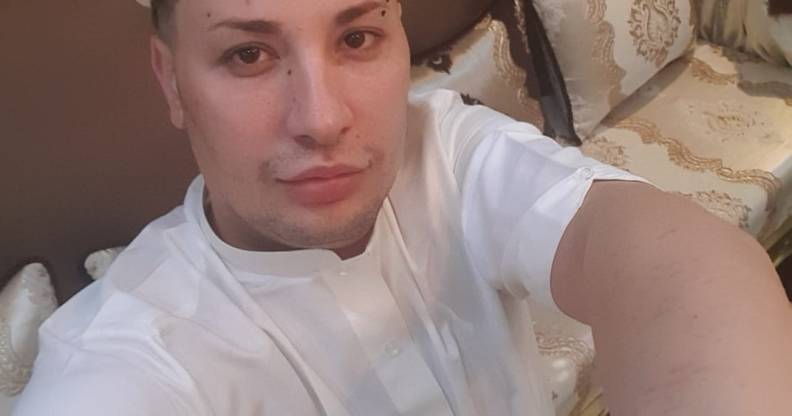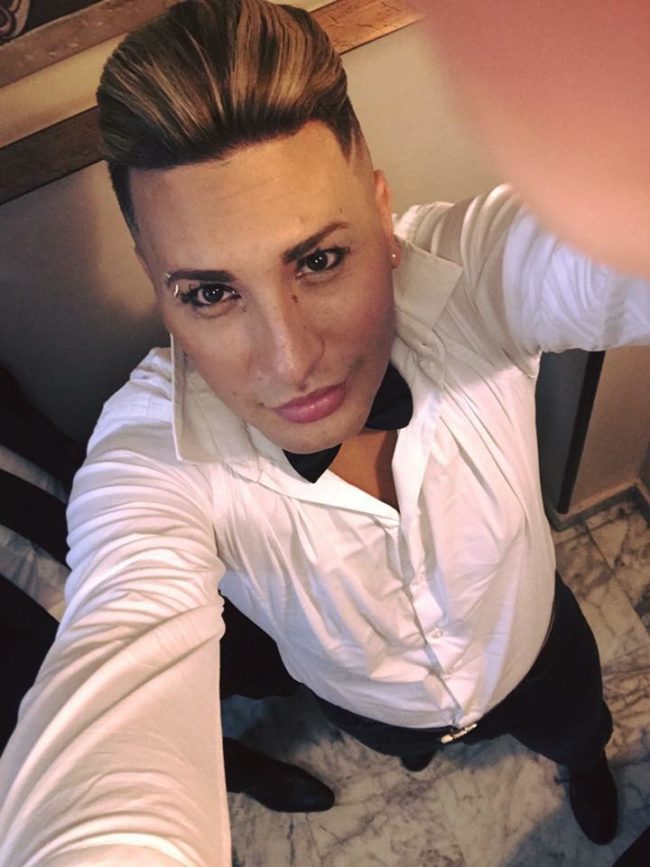Houari Manar: LGBT fans mourn Algerian singer’s sudden death

LGBT fans are mourning the death of Algerian singer Houari Manar.
LGBT fans of rai, an Algerian folk music genre, are mourning the death of singer Houari Manar.
Houari Manar, whose real name was Houari El Madani, died on January 7 following complications during a cosmetic surgery, according to the Huffington Post Maghreb.
The singer was popular in his native country and neighbouring Mediterranean countries including France, where he lived as a young boy before permanently moving to Algeria to pursue a music career in the rai genre.
In an obituary published in the local news outlet Le Courrier del l’Atlas, Houari Manar was remembered as a talented, generous man.
LGBT fans of his music mourned his passing, while other fans condemned those who were making fun of his death speculating on his sexuality.
“Community # LGBTQI Algeria is in mourning tonight rai singer Houari Manar is no longer. He was the target of the worst homophobic insults and victim of a cowardly boycott,” journalist Zak Ostmane tweeted.
Houari Manar had never publicly come out as gay, as homosexual acts are illegal in Algeria and punishable with up to three years in prison.

Singer Houari Manar has faced censorship and homophobia in the country. (Houari Manar/Facebook)
He, however, faced widespread homophobia in 2014, after he was photographed kissing a man at a venue in Algiers where he was performing.
The kiss, which took place during the holy month of Ramadan, incensed religious fundamentalists.
The concert organiser had to apologise to those who were offended by the kiss and Houari Manar’s subsequent performance was cancelled due to the outrage, according to an editorial published in Algerie Focus that mocked the furious reaction to a kiss in the face of pervasive corruption in the country.
Interviewed by Le Monde in 2015, Houari Manar insisted there was nothing scandalous about him or his music.
“My rai is a proper rai. Everything I sing I sing in front of families, of children and old people. I am not one of those people who sing about vulgarities. I am a respected artist,” he said.
“I am judged because I sing [about] the man? Because I dye my hair or I have tattoos? What about the Algerian football players? Some of them have tattoos and others dye their hair platinum blonde, but oddly it doesn’t bother anyone. I tell you, that is hypocrisy!”
Houari Manar’s career continued to feel the repercussions from the kiss. In 2017, he was due to perform at an event organised by the National Office of Culture and Information to mark the 63rd anniversary of the start of the Algerian War of Independence.
News of his performance was met with renewed outrage on social media and his name was eventually dropped from the line-up.
Following the controversy, the singer wrote a social media post addressing his fans, thanking them for their ongoing support. He wrote: “My talent I owe to a natural-born gift, this passion that keeps me alive. My success, my career, my existence, I owe to my beloved fans! If I am alive today, is because of you.”

